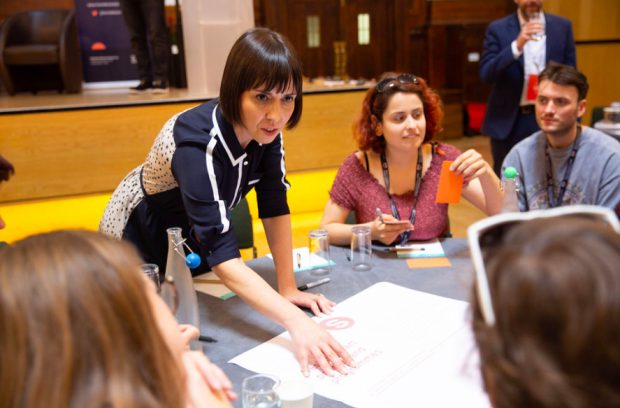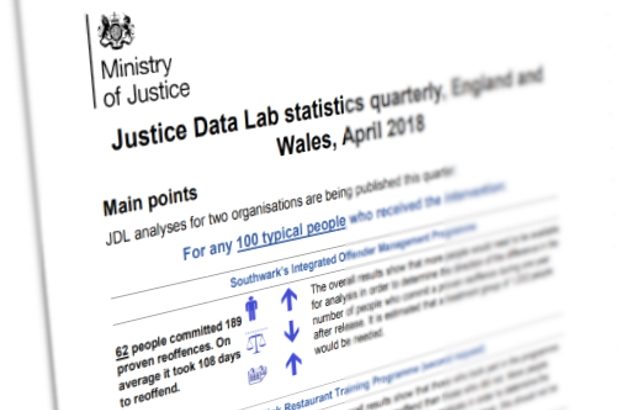What works for What Works: How to communicate effectively

Evidence summaries are harder to produce than you might think. A new evaluation looks at how well the What Works Network is communicating evidence and what improvements could be made.

Evidence summaries are harder to produce than you might think. A new evaluation looks at how well the What Works Network is communicating evidence and what improvements could be made.

Find out more about how the Centre for Homelessness Impact, a member of the What Works Network, is using a whole systems approach to end homelessness for good.

It's World Homeless Week. Find out more about MHCLG’s first impact evaluation of the Rough Sleeping Initiative, which shows it is starting to make a difference.

Discover how King’s College London is generating and using evidence to widen university participation and improve outcomes for disadvantaged students

This is a guest post from the Justice Data Lab, which uses quasi-experimental methods to help organisations supporting the rehabilitation of offenders to understand and improve their effectiveness. Across the...

The Early Intervention Foundation’s Tom McBride explains why programme evaluation is crucial to the success of children’s service, but can be undermined by surprisingly basic issues.

...to evaluate using an RCT approach, but we considered it to be exactly the right type of project to undergo this kind of robust inquiry. Its results may not seem...

...to work in the future. By giving this information to all teachers — regardless of where they teach and the type of school they teach in — we can make...

The police are in a tricky position. When crime rates go down it is often claimed as a success for great policing. When they go up we can become socio-economic commentators, blaming the bad news on the economy, unemployment or the rise of digital technology. We can’t have it both ways!

...create a win-win situation for teachers and students. Reducing the marking workload Research undertaken by the EEF and Oxford University in 2016 found that there is little evidence that written...